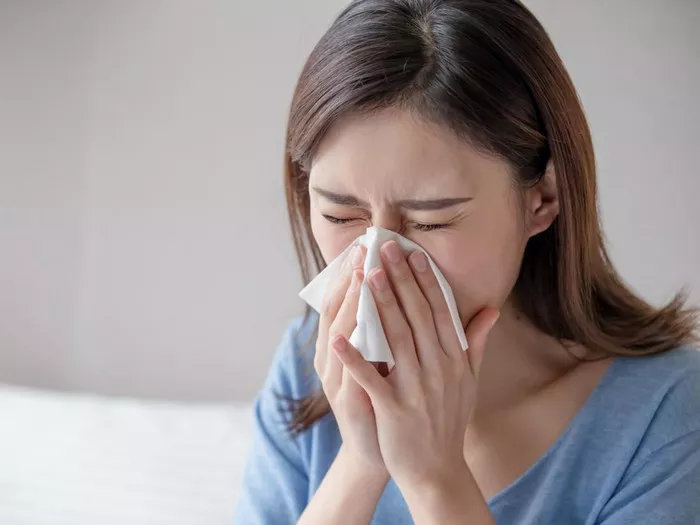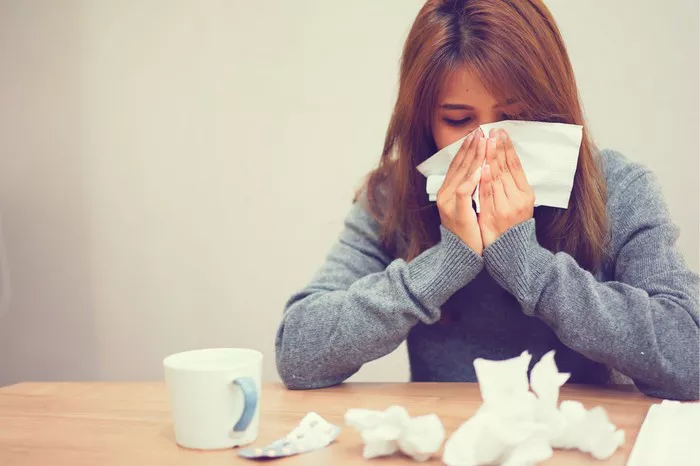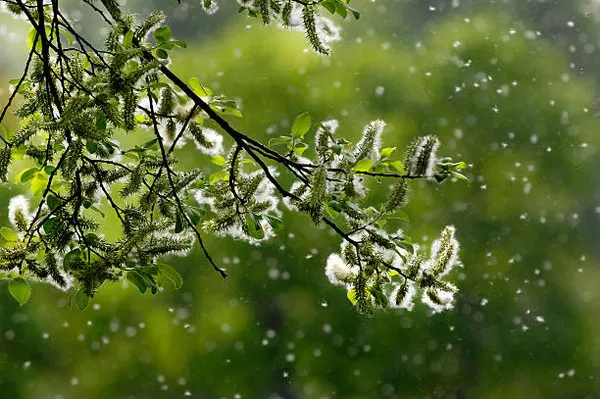For many allergy sufferers, waking up in the morning can be accompanied by a slew of uncomfortable symptoms, including sneezing, congestion, and itchy eyes. While allergies can flare up at any time of day, there seems to be a common consensus among sufferers that symptoms tend to be worse in the morning. In this article, we delve into the various factors that contribute to this phenomenon, shedding light on why allergies may be more bothersome upon rising.
Understanding Allergies
The Immune Response:
Allergies occur when the immune system overreacts to a harmless substance, known as an allergen, triggering a cascade of inflammatory responses. Common allergens include pollen, dust mites, pet dander, mold spores, and certain foods. When exposed to an allergen, the immune system releases histamines and other chemicals that cause allergy symptoms.
Types of Allergies:
Allergies can manifest in various forms, including seasonal allergies (e.g., hay fever), perennial allergies (e.g., dust mite allergy), allergic rhinitis, allergic conjunctivitis, and food allergies. Each type of allergy may have distinct triggers and symptoms, but the underlying immune response remains consistent.
Why Allergies May Be Worse in the Morning
Accumulation of Allergens Overnight:
One of the primary reasons allergies may be worse in the morning is the accumulation of allergens in the indoor environment overnight. Dust mites, pet dander, and mold spores are common indoor allergens that can settle on bedding, upholstery, and carpets while you sleep. When you wake up and disturb these surfaces, the allergens become airborne, triggering allergy symptoms.
Peak Pollen Levels:
Pollen is a common outdoor allergen that can exacerbate symptoms of seasonal allergies, particularly during the spring and summer months. Pollen levels tend to be highest in the early morning hours, peaking between 5 a.m. and 10 a.m. This coincides with the time when allergy sufferers are waking up and may be more susceptible to exposure.
Morning Rituals:
Morning rituals such as showering, brushing teeth, and getting dressed can stir up allergens that have settled on your skin, hair, and clothing overnight. Additionally, activities such as making the bed, fluffing pillows, and sweeping floors can kick up dust and allergens, further aggravating allergy symptoms.
Nasal Congestion:
Many allergy sufferers experience nasal congestion upon waking, which can exacerbate allergy symptoms. Overnight, nasal passages may become congested due to lying in a horizontal position, leading to a buildup of mucus and allergens. When you wake up, the congestion may worsen, making it difficult to breathe and exacerbating other allergy symptoms.
Circadian Rhythms:
The body’s internal clock, known as the circadian rhythm, can influence the severity of allergy symptoms. Research suggests that certain immune responses, including allergic reactions, may be influenced by circadian rhythms, with peak activity occurring in the early morning hours. As a result, allergy symptoms may be more pronounced upon waking.
Strategies for Managing Morning Allergies:
Reduce Indoor Allergens:
Take steps to minimize indoor allergens by regularly vacuuming carpets, washing bedding in hot water, using allergen-proof pillow and mattress covers, and keeping indoor humidity levels low to discourage dust mites and mold growth.
Limit Outdoor Exposure:
If pollen is a trigger for your allergies, try to limit outdoor activities during peak pollen hours, especially in the early morning. Keep windows closed and use air conditioning to filter out outdoor allergens. Shower and change clothes after spending time outdoors to remove pollen from your skin and clothing.
Nasal Irrigation:
Nasal irrigation with saline solution can help clear nasal passages and reduce congestion caused by allergens. Use a saline nasal spray or a neti pot to flush out allergens and mucus, providing relief from nasal symptoms.
Medication:
Over-the-counter and prescription allergy medications, such as antihistamines, decongestants, and nasal corticosteroids, can help alleviate allergy symptoms. Take medication as directed by your healthcare provider to effectively manage morning allergies.
Allergen Immunotherapy:
For individuals with severe or persistent allergies, allergen immunotherapy (allergy shots or sublingual immunotherapy) may be recommended. These treatments can desensitize the immune system to specific allergens, reducing the severity of allergy symptoms over time.
Conclusion
In conclusion, allergies can be particularly troublesome in the morning due to factors such as the accumulation of indoor allergens, peak pollen levels, morning rituals, nasal congestion, and circadian rhythms. By understanding the underlying mechanisms contributing to morning allergies and implementing strategies to manage symptoms, allergy sufferers can improve their quality of life and minimize the impact of allergies on their daily routine.
Remember to consult with a healthcare provider for personalized recommendations and treatment options tailored to your specific allergy triggers and symptoms. With proper management and proactive measures, you can start your day feeling refreshed and allergy-free.
[inline_related_posts title=”You Might Be Interested In” title_align=”left” style=”list” number=”6″ align=”none” ids=”7628,7625,7385″ by=”categories” orderby=”rand” order=”DESC” hide_thumb=”no” thumb_right=”no” views=”no” date=”yes” grid_columns=”2″ post_type=”” tax=””]

































